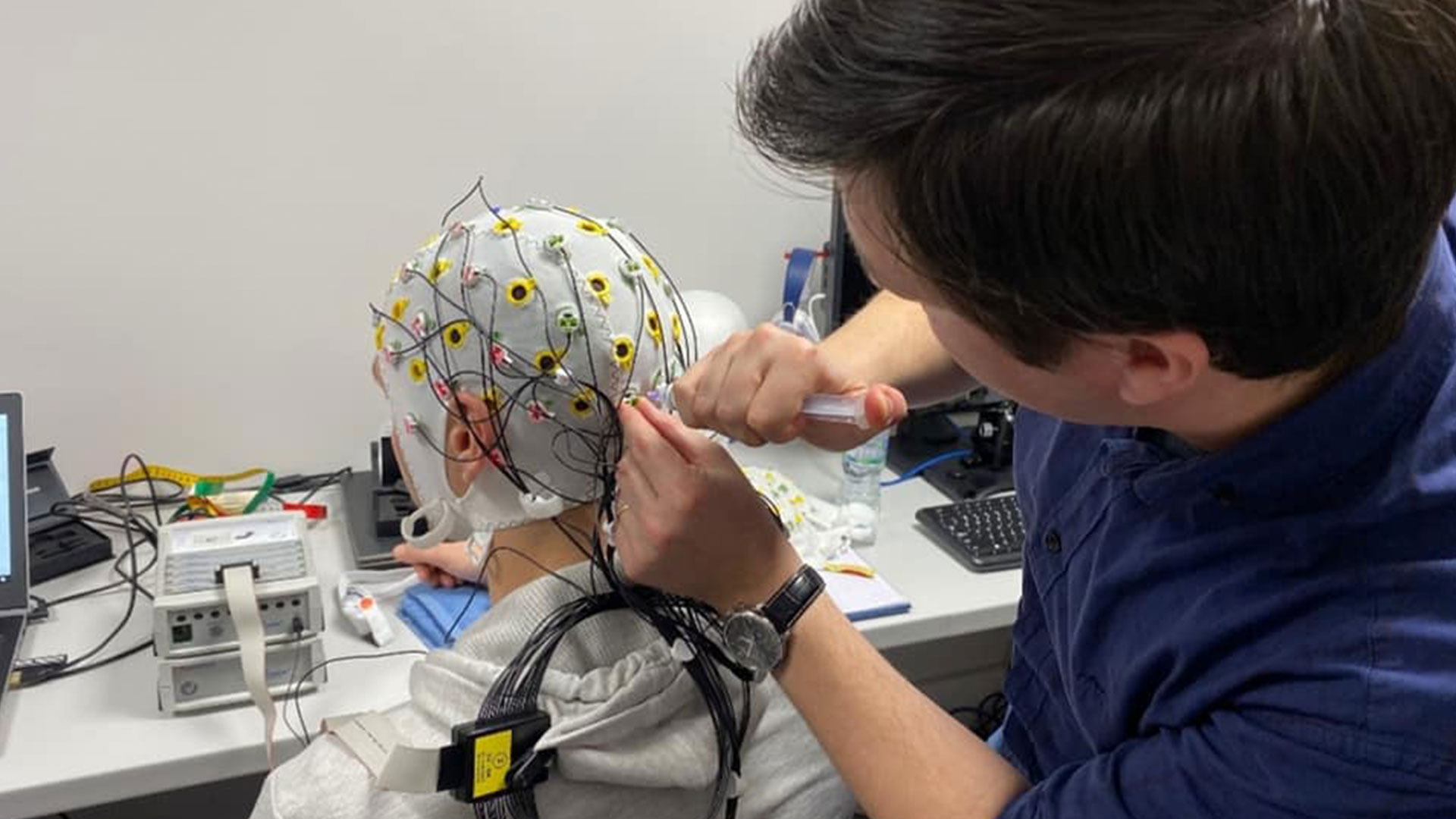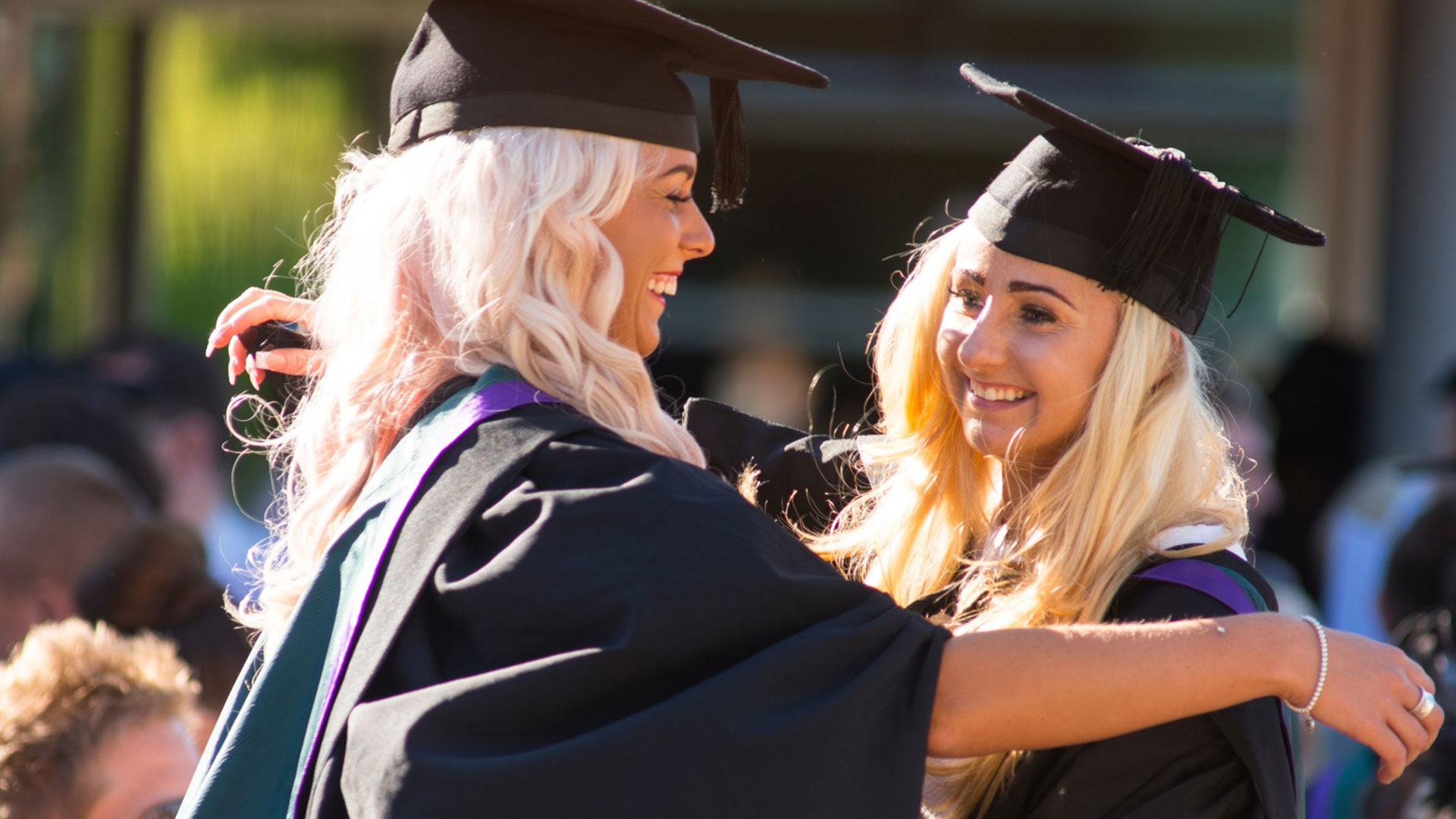The Sensing Brain
Is the way we perceive the world influenced by our beliefs or personality? What information does our voice convey? What makes cancer difficult to spot in medical images? Human beings have diverse responses to the sensory world, and one of our aims is to promote public understanding of the nature of that neurodiversity.

The Sensing Brain focuses the relationship between the sensory world, cognition, behaviour, and movement. We pool our expertise to pursue multimodal approaches to some of the classic problems of cognition, such as categorisation and action planning. To address our research questions we use different techniques: eye-tracking, brain stimulation techniques (TMS and tDCS), measurement and analysis of brain and physiological responses (EEG, MEG, and fMRI), reverse correlation and psychophysics.
Current research projects
Here are some of our ongoing research projects:
- Looking for Cancer: Eye Movements in Medical Image Perception (Dr Damien Litchfield)
- The effect of feedback on mood and motivation in different ambient light conditions (Dr Elena Spiridon)
- Perceptual correlates of the authoritarian personality trait (Dr Valeria Occelli)
- The response of auditory and visual neural activity to arousing stimuli (Dr Andrea Piovesan)
- Pupil dilation and sensory processing mechanisms (Dr Valeria Occelli)
- Feeling voices and sensing emotions: Subtypes of Alexithymia (Dr Nicola van Rijsbergen)
- Response to uncertainty and Authoritarian personality traits (Dr Nicola van Rijsbergen)
- Perceptions of Autistic and Non-Autistic Voices During Special Interest Conversations (Dr Michel Belyk)
- How to tingle: Reliable elicitors of the Autonomous Sensory Meridian Response (ASMR) (Dr Michel Belyk & Dr Dorothy Tse)
Featured projects
Combining senses to understand the world
Dr Valeria Occelli explores how we process and integrate sensory information, and how these processes change as a consequence of neurological conditions or sensory deprivation.
See Dr Valeria Occelli’s researchNeural and cognitive underpinning of superior action prediction abilities
Dr Stergios Makris is exploring the role of visual and motor action representations in the ability to predict the outcome of actions.
See Dr Stergios Makris’ researchEye Movements of Experts
Dr Damien Litchfield explores how eye movements change and become more efficient as a function of domain-specific expertise. He is particularly interested in visual expertise in medical image perception.
See Dr Damien Litchfield’s researchMembers
- Dr Valeria Occelli (Group Coordinator)- multisensory perception, sound, touch, blindness, fMRI, MEG, psychophysics
- Dr Damien Litchfield- eye-movements, visual search, visual expertise
- Dr Michel Belyk– Human voice, speech and language, stuttering, fMRI
- Dr Stergios Makris– Movement and perception of movement, TMS, tDCS
- Professor Rod Nicolson– Audio visual filtering, dyslexia
- Dr Andrea Piovesan– Time perception, perception of fonts, skin conductance, EC
- Dr Elena Spiridon- emotions, skin conductance
- Dr Nicola van Rijsbergen– categorisation, emotional responses, Alexithymia, MEG, EEG, reverse correlation
Get involved
There are various ways you can get involved in our Sensing Brain research.


